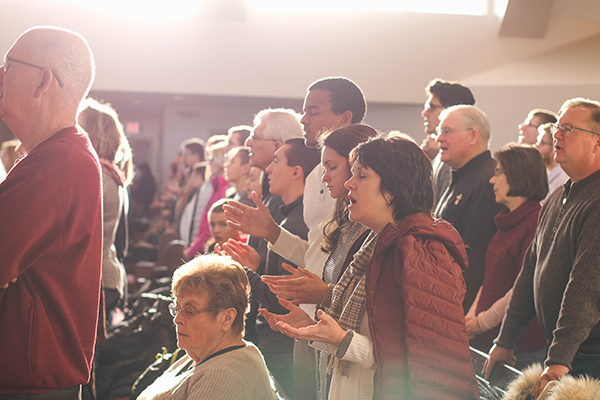Baby boomers are known for ushering in an era of protests that brought about transformative change in American society but today many are turning to religion to find meaning in their later years.
That’s according to the latest data collected from the Longitudinal Study of Generations, an ongoing project of the University of Southern California (USC) in Los Angeles.
The research suggests many people are more engaged in religion and more involved in religious activities as they approach the end of life, said Vern Bengtson, research professor of social work at the USC Edward R. Roybal Institute on Aging and the USC Suzanne Dworak-Peck School of Social Work.
“One of the things we found in our study of baby boomers — particularly among the older boomers — was that many are now more likely to be churchgoers or engage in spiritual practices than they did in their middle years,” Bengtson said. “One in 5 of the 599 boomers in our study reported they had increased their religious or spiritual activities in recent years.”
Bengtson and his research team discovered three factors that may explain why some baby boomers become more religiously involved as they age.
Growing awareness
The first reason is the most practical. People simply have more time in their retirement years and are not preoccupied by full-time work.
The other reasons are more personal. An example is the growing sense of impermanence that comes with age.
“People become more aware of the shortness of years remaining in their life,” Bengtson said. “Many of them want to set their house in order, so to speak, at the end of life.”
The third reason is connected to this awareness. It is the direct experience of the fragility of life.
“Many people experience a health crisis that actually brings them closer to death,” Bengtson said. “It causes them to reassess what is truly important and what is much less important.” (TAB)






Share with others: